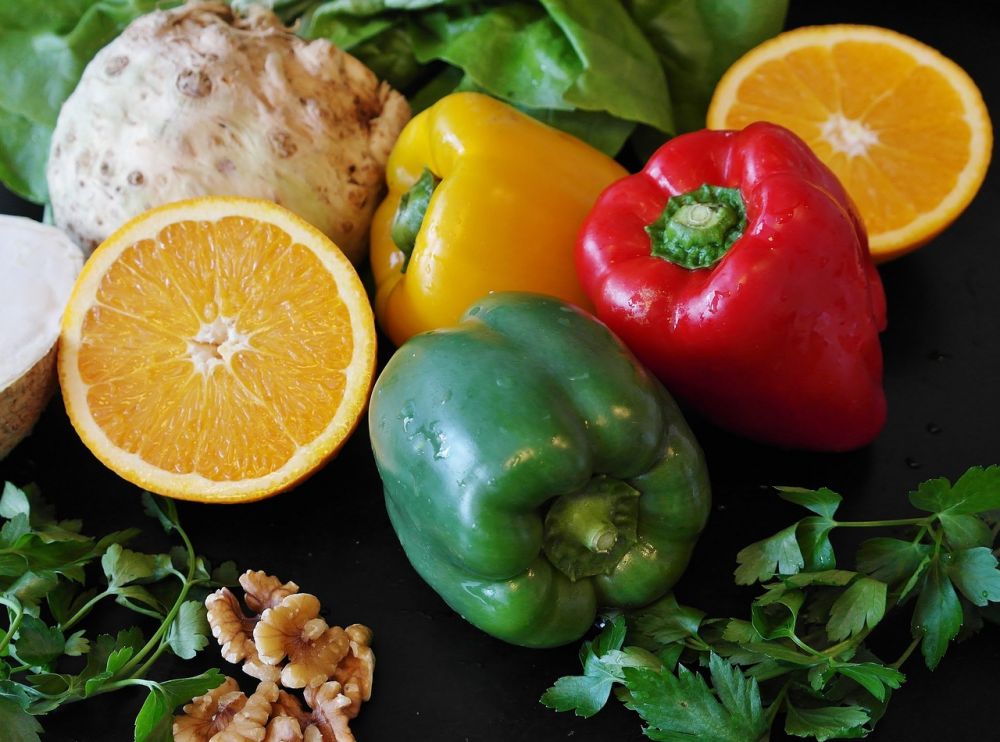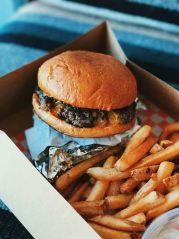Keto Diet Vegan: Combining the Best of Both Worlds

Introduction
The Keto Diet has gained immense popularity in recent years, with its focus on low-carb, high-fat intake. However, for those who follow a vegan lifestyle, the traditional Keto Diet can pose some challenges. In this comprehensive article, we will explore the concept of a Keto Diet Vegan, its different variations, and the historical context of its advantages and disadvantages.
What is Keto Diet Vegan?

A Keto Diet Vegan, also known as a Vegan Ketogenic Diet, is a modified version of the traditional Keto Diet specifically designed for those who avoid all animal products. This dietary approach combines the principles of a low-carb, high-fat intake with the ethical choice of eliminating meat, dairy, and other animal-derived products from one’s lifestyle.
Types of Keto Diet Vegan
There are several variations of the Keto Diet Vegan, each with its own unique approach. These include:
1. Whole Foods Vegan Keto: This variation emphasizes consuming whole plant-based foods and eliminates processed vegan alternatives. It focuses on high-fat sources such as avocados, nuts, and seeds, while controlling carbohydrate intake from low-carb vegetables.
2. Raw Vegan Keto: This variation involves following a raw food diet while adhering to the principles of the Keto Diet. It includes consuming uncooked fruits, vegetables, nuts, and seeds, along with coconut oil and avocado.
3. High-Protein Vegan Keto: This variation combines the principles of a high-protein vegan diet with the Keto Diet. It focuses on plant-based protein sources such as tofu, tempeh, seitan, and legumes, while maintaining a low-carb, high-fat intake.
The Quantitative Measurements of Keto Diet Vegan
When it comes to tracking progress on a Keto Diet Vegan, several quantitative measurements can be used. These include:
1. Macronutrient Ratios: Maintaining specific ratios of macronutrients is essential in a Keto Diet Vegan to ensure the body enters a state of ketosis. Typically, this involves consuming around 70-75% of calories from fat, 20-25% from protein, and 5-10% from carbohydrates.
2. Blood Ketone Levels: Measuring blood ketone levels using a ketone meter provides a direct indication of whether the body is in a state of ketosis. Ideally, a reading of 0.5-3.0 mmol/L is considered optimal for ketosis.
3. Body Composition: Monitoring changes in body composition, such as body weight, body fat percentage, and muscle mass, can provide insights into the effectiveness of the Keto Diet Vegan.
Differences Among Keto Diet Vegan Variations
Despite following the same general principles, different variations of the Keto Diet Vegan have some key differences:
1. Nutrient Composition: The proportion of macronutrients can vary among different variations. For example, the high-protein vegan keto variation focuses more on protein intake, while the whole foods vegan keto emphasizes consuming nutrient-dense plant-based foods.
2. Cooking Methods: The raw vegan keto variation involves consuming only raw foods, while other variations allow for cooking methods such as sautéing, baking, or steaming. These differences impact the texture, flavor, and overall experience of following a Keto Diet Vegan.
The Historical Context of Pros and Cons
1. Advantages:
– Increased Weight Loss: Several studies suggest that a Keto Diet Vegan may lead to greater weight loss compared to other dietary approaches, possibly due to the combined effects of low-carb intake and a vegan lifestyle.
– Improved Blood Sugar Control: The Keto Diet Vegan has shown potential benefits in stabilizing blood sugar levels, which can be advantageous for individuals with diabetes or insulin resistance.
– Enhanced Heart Healt Limited studies suggest that a plant-based, low-carb diet may reduce the risk of heart disease by improving lipid profiles and reducing inflammation markers. This combination aligns with the principles of a Keto Diet Vegan.
2. Disadvantages:
– Nutrient Deficiencies: A Keto Diet Vegan may pose challenges in meeting nutrient requirements, particularly for vitamins B12, iron, omega-3 fatty acids, and calcium. Careful attention to food choices, potential supplementation, and regular blood tests are recommended.
– Potential Restrictions: Following a Keto Diet Vegan may require certain food restrictions, making it necessary to plan meals carefully to ensure an adequate intake of essential nutrients.
– Sustainability Concerns: The Keto Diet Vegan, like any restrictive diet, may be challenging to sustain long-term. It requires careful meal planning and adherence to specific dietary guidelines, which can be difficult for some individuals.
Conclusion
The concept of a Keto Diet Vegan provides a unique dietary approach that combines the benefits of low-carb, high-fat intake with ethical choices. While it may pose challenges in terms of meeting nutritional requirements, adopting a Keto Diet Vegan can lead to weight loss, improved blood sugar control, and enhanced heart health. Understanding the different variations and quantitative measurements associated with this dietary approach is crucial for individuals seeking to follow a Keto Diet Vegan.
[INSERT VIDEO HERE]
By providing a thorough overview of the Keto Diet Vegan, its variations, quantitative measurements, differences among variations, and historical context of pros and cons, this article aims to educate and inspire those interested in combining the best of both worlds – a vegan lifestyle and the benefits of a ketogenic diet.
FAQ
What are the advantages and disadvantages of a Keto Diet Vegan?
What are the different types of Keto Diet Vegan?
What is a Keto Diet Vegan?
Fler nyheter
Tandimplantat – en hållbar lösning för naturligt vackra tänder
Introduction The Keto Diet has gained immense popularity in recent years, with its focus on low-carb, high-fat intake. However, for those who follow a vegan lifestyle, the traditional Keto Diet can pose some challenges. In this comprehensive article,...
Veronica Urena
11 mars 2024
Tandläkare i Södertälje: Din guide till oralt välbefinnande
Introduction The Keto Diet has gained immense popularity in recent years, with its focus on low-carb, high-fat intake. However, for those who follow a vegan lifestyle, the traditional Keto Diet can pose some challenges. In this comprehensive article,...
Veronica Urena
11 mars 2024
Smashburgare: Stockholms svar på den stora burgartrenden
Introduction The Keto Diet has gained immense popularity in recent years, with its focus on low-carb, high-fat intake. However, for those who follow a vegan lifestyle, the traditional Keto Diet can pose some challenges. In this comprehensive article,...
Maja Bergman Lindberg
06 mars 2024
Vad gör en psykiatriker i Stockholm?
Introduction The Keto Diet has gained immense popularity in recent years, with its focus on low-carb, high-fat intake. However, for those who follow a vegan lifestyle, the traditional Keto Diet can pose some challenges. In this comprehensive article,...
Maja Bergman Lindberg
14 februari 2024











